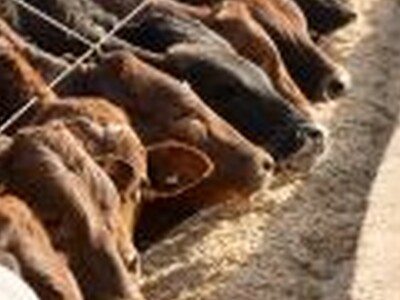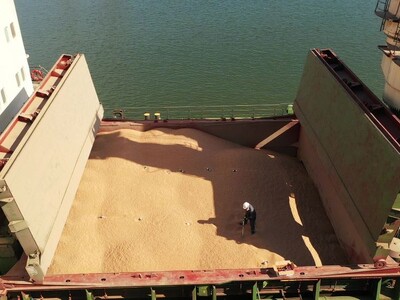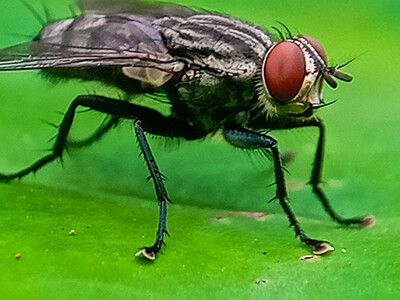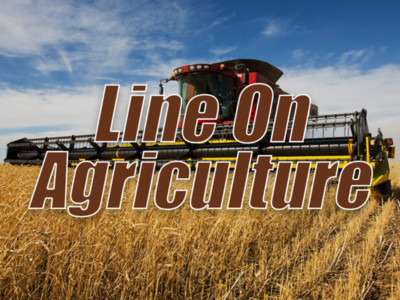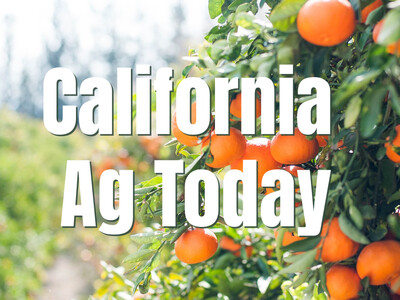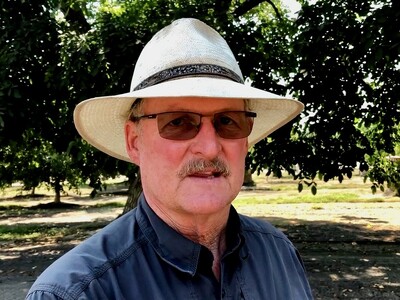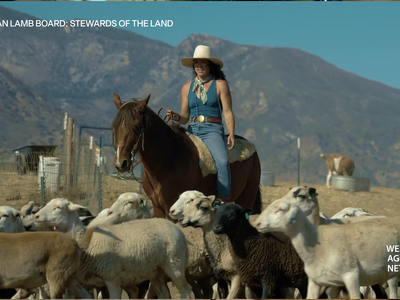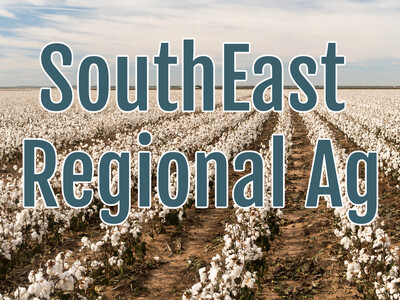Biotechnology and 21st Century Agriculture
Biotechnology and 21st Century Agriculture. I’m Greg Martin with today’s Line On Agriculture.
When was the last time you heard any thing about the USDA's Advisory Committee on Biotechnology and 21st Century Agriculture? Can’t remember? Not sure if you have even ever heard of it? Well that committee has been dormant the last couple of years. However, Ag Secretary Tom Vilsack is starting it back up and naming new members in hopes the 22-member panel can recommend workable solutions that will enhance the ability of all farmers to grow the crops they want in order to effectively meet the needs of their customers. One of the panel's new members - University of Arkansas Professor of Ecological Engineering Marty Matlock - says if we're going to feed the 10-billion people expected to inhabit the world by 2050 - we'll need every tool in the toolbox - including organic.
MATLOCK: Organic production allows small producers to get a premium for their efforts for their production. and we celebrate that. That is an incredible benefit. We need small producers to be profitable. If we have to move all agriculture to 5000 acres or greater scale or equivalent across all sectors the we’ve created an agro-ecosystem thats not very flexible.
Vilsack has been trying to find a compromise between organic producers who want to prevent biotech crops from being planted near their own fields and biotech advocates who say if a genetic alteration has been found safe - there should be no limits on its production. Matlock says we'll need biotechnology as well - pointing to new developments of genetically altered crops that can produce the same yields on less water.
MATLOCK: 75% roughly of the human water use on the planet on any given day is for agricultural purposes. That water just flows through the system. We put it on the land, some of it evaporates, some of it transpires through the plant, some of it runs off back into the rivers. So we’re just borrowing it from the hydrologic cycle and not consuming it like petrochemicals. So to make it clear, it’s just a borrowing process or rent process but there’s higher demand for that water at any given time and any given place.
Matlock says the concerns of organic farmers that genes could migrate from transgenic crops to their own fields are overstated - but real.
MATLOCK: If I’m an organic producer and I have suddenly a GM trait showing up in my crop and I can no longer call it organic because of that then yeah, I’ve had an impact and I’m not happy about that. So I acknowledge that those are real concerns. We need a better understanding of those mechanisms for gene migration so that we can manage and avoid them.
That’s today’s Line On Agriculture. I’m Greg Martin on the Ag Information Network.




